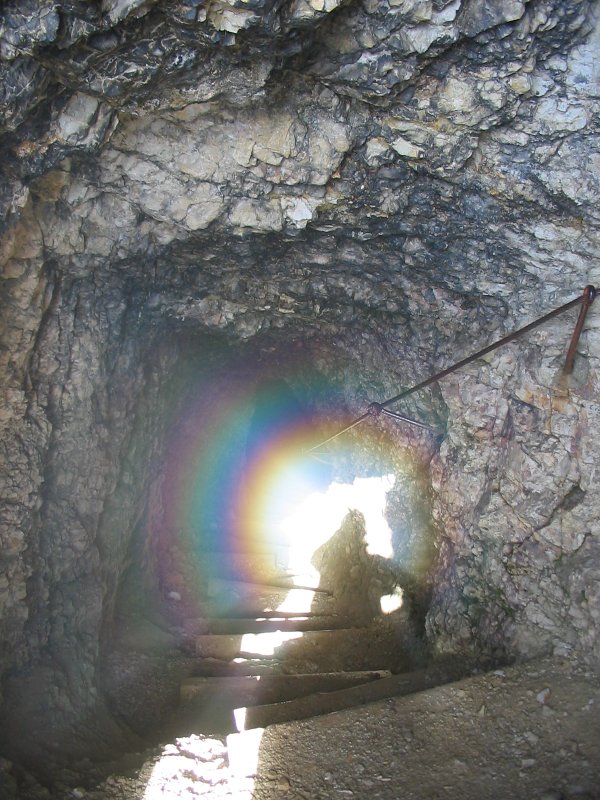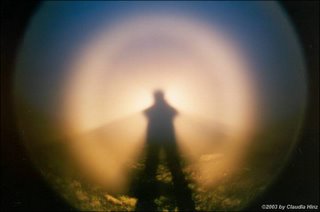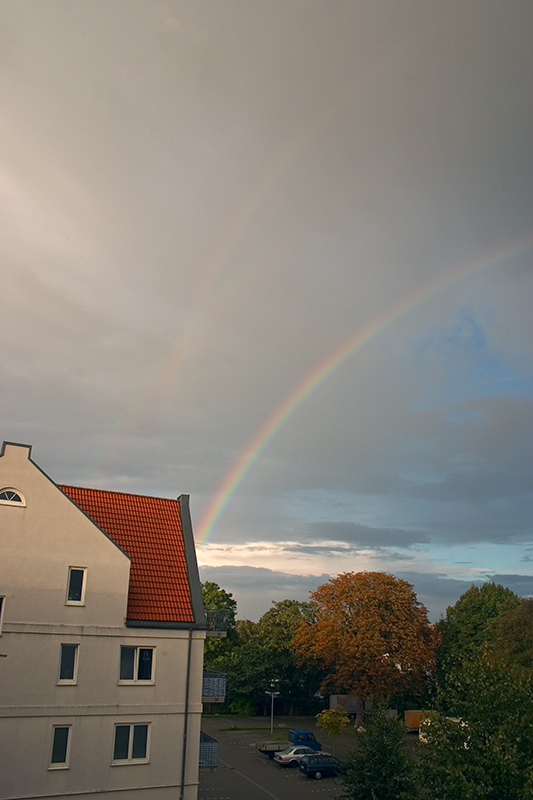 Caleb Jones took this photo in Estes Park, Colorado (USA) on 28 October, around 3:10pm local time. The weather had been mostly clear on this day. These clouds were relatively far from the sun, and the vivid iridescent colors seem to be caused by very small droplets that polar stratospheric clouds have. But the edges of the wave cloud look more like regular mid-level waveclouds.
Caleb Jones took this photo in Estes Park, Colorado (USA) on 28 October, around 3:10pm local time. The weather had been mostly clear on this day. These clouds were relatively far from the sun, and the vivid iridescent colors seem to be caused by very small droplets that polar stratospheric clouds have. But the edges of the wave cloud look more like regular mid-level waveclouds.The 00 UTC 29 October sounding of Denver doesn't show unusually strong winds at high altitude, at 40 to 50 kts from the NW. In fact the entire troposphere seems rather dry on that particular sounding for lenticular clouds to occur.
I do not think this was caused by a missile launch either, considering the lenticular shape of the clouds.
I am wondering if these could be stratospheric clouds, or just some quite unusual appearance of lenticular mountain wave clouds. I received another report from someone else in Colorado who also took images, and am waiting for her approval to post them here as well.










